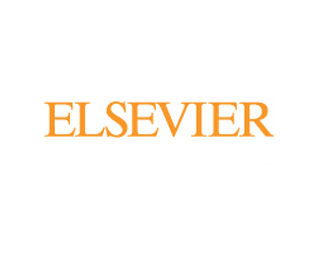
Inhibitory control seems to be an essential factor for prohibiting impulsivity. The investigation reveals that non-invasive form of a mild mediation may be supposedly effective in increasing inhibitory control.
As per the study, a mild electrical current was passed across the participants’ scalp for around 10 minutes. This stimulation enhanced their ability to ponder over responses, without jumping to impulsive conclusions. In other words, the ray of current was effective in hitting the brain’s ability to control impulsivity.
Professor Chi-Hung Juan who led the team remarked, “The findings that electrical stimulation to the brain can improve control of their behavioral urges not only provide further understanding of the neural basis of inhibitory control but also suggest a possible therapeutic intervention method for clinical populations, such as those with drug additions or ADHD, in the future.â€
This procedure has a potency to serve as a non-penetrative treatment for patients with conditions like. Attention-deficit hyperactivity disorder (ADHD), Tourette’s syndrome, drug addictions, or violent impulsivity.
The study is published in the June 2011 issue of Neuroimage in the Elsevier’s Journal of Brain Function.
